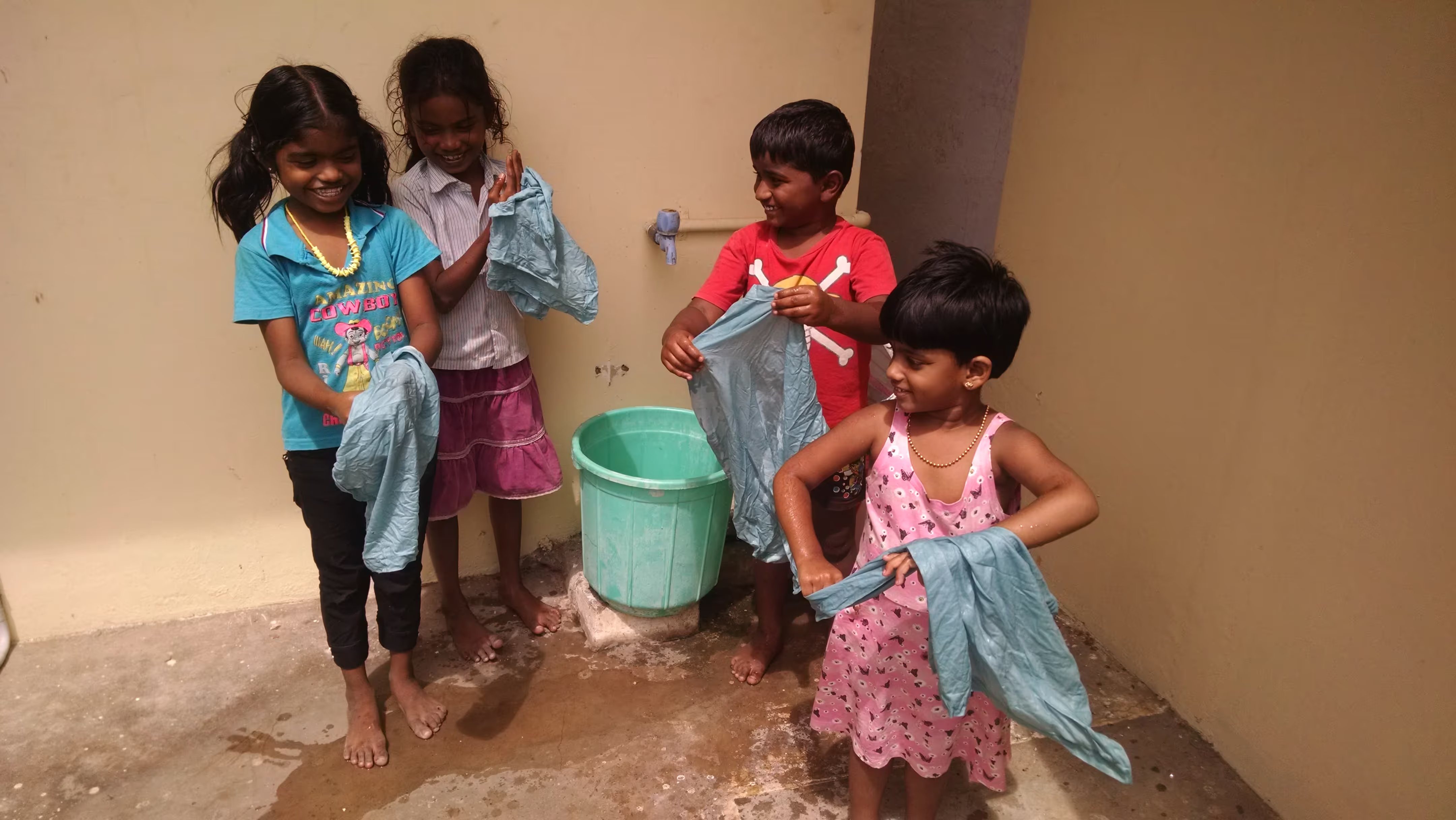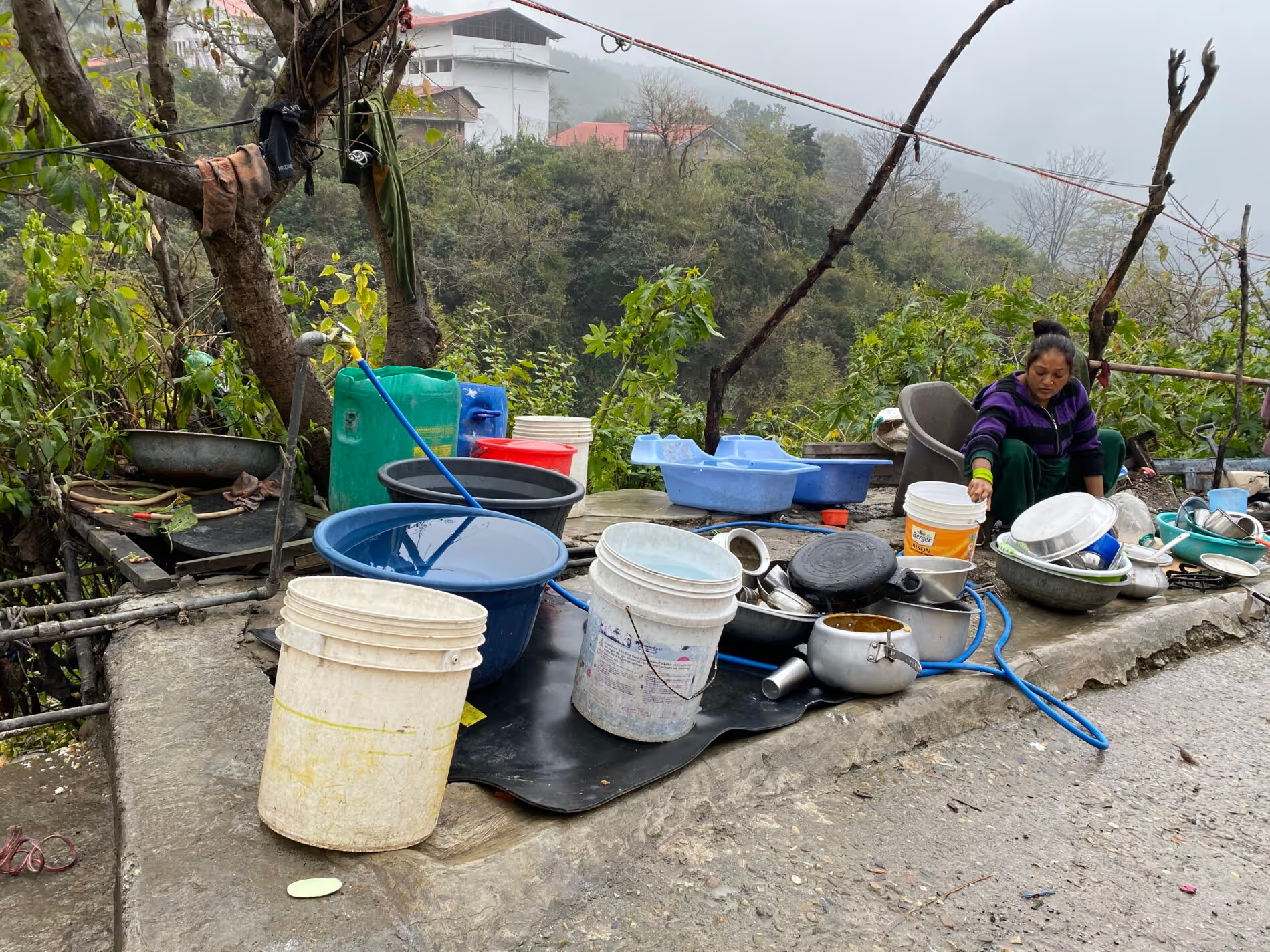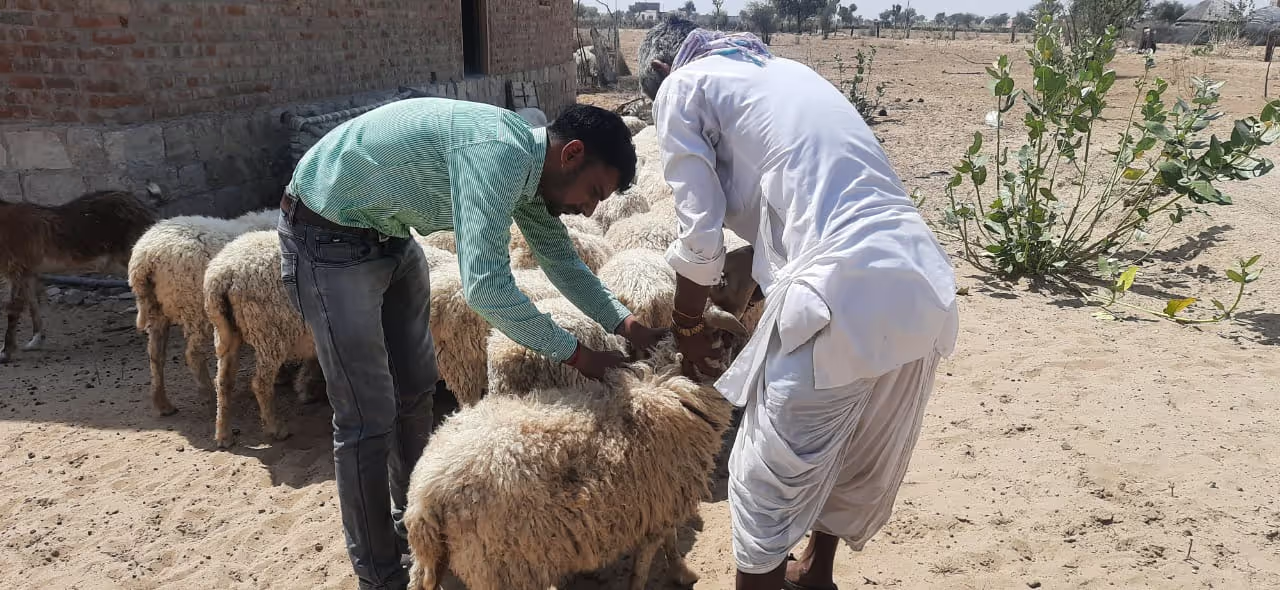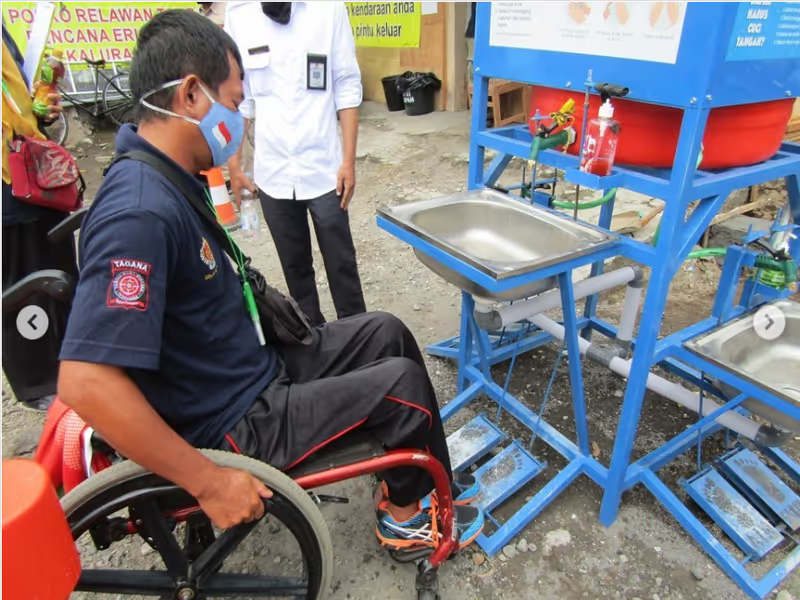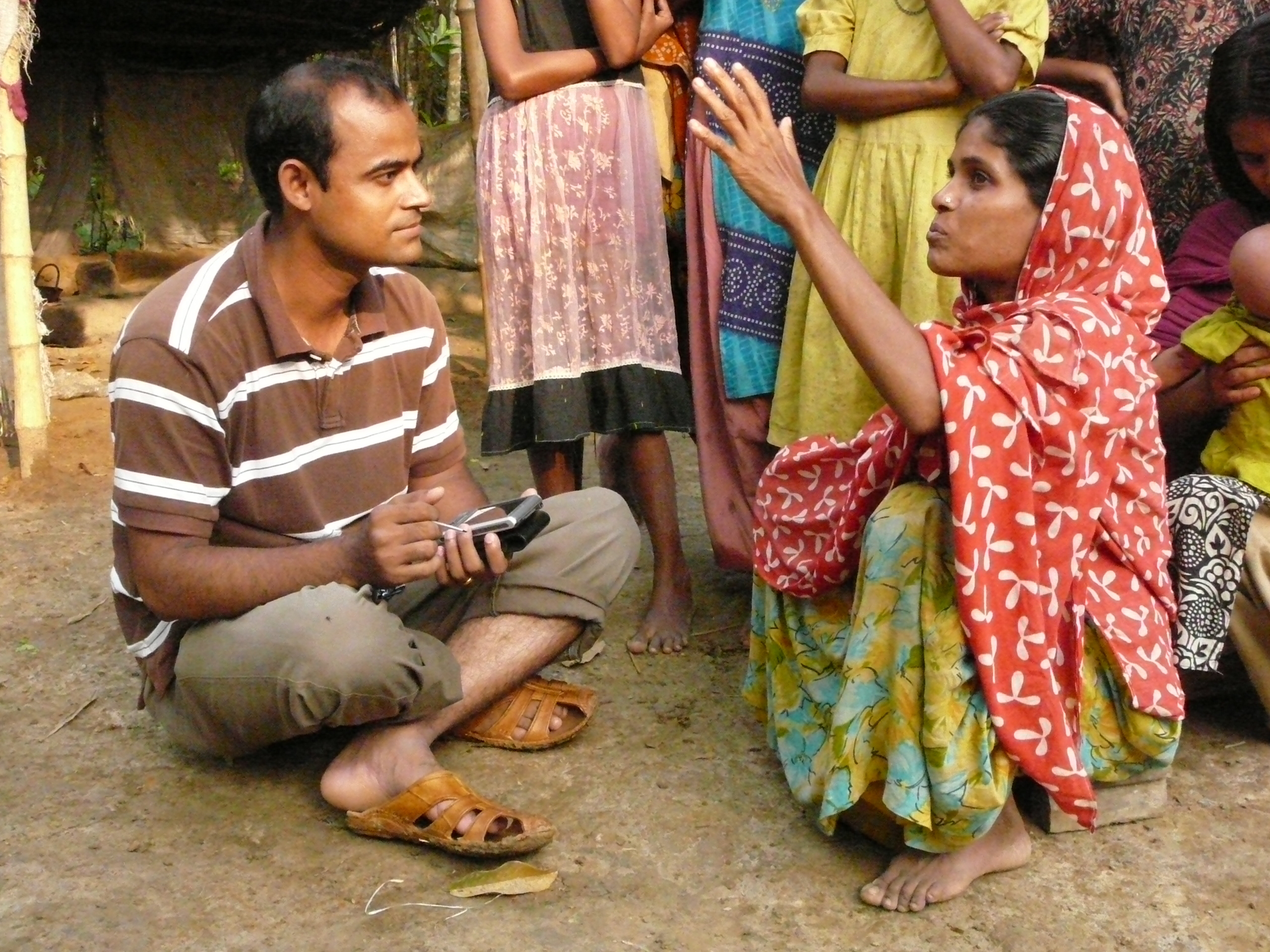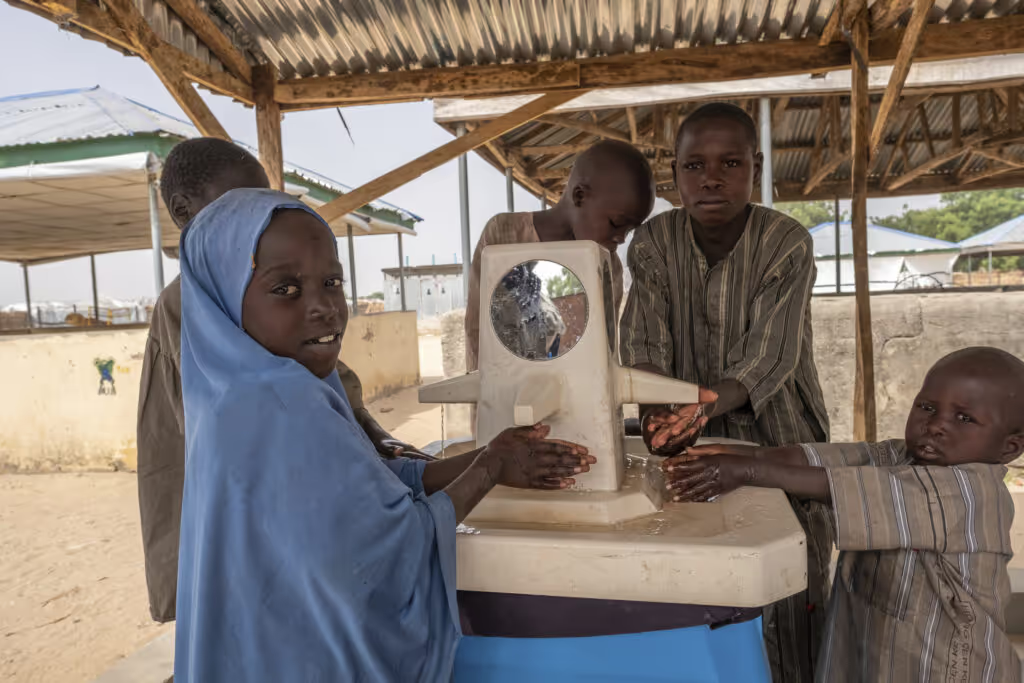Locally-led innovation
To us, scale means building on demonstrated successes in humanitarian innovation. It means ensuring that solutions reach their maximum potential, that they have the greatest possible impact, and that they lead to widespread change. Find out all about our Humanitarian Innovation Fund's focus on locally-led innovation.
What do we mean by locally-led innovation?
Locally-led innovation is about individuals, communities, local and national organisations developing innovative solutions to locally defined problems.
For the Humanitarian Innovation Fund (HIF), this means providing funding and non-financial support to innovators from local and national organisations to develop new solutions to humanitarian challenges. It centres around working with, and learning from, partners to build sustainable systems of support in different places.
Our approach to locally-led innovation borrows from the Peace Direct definition of locally-led development: it refers to initiatives owned and led by people in their own context (Peace Direct, 2020).
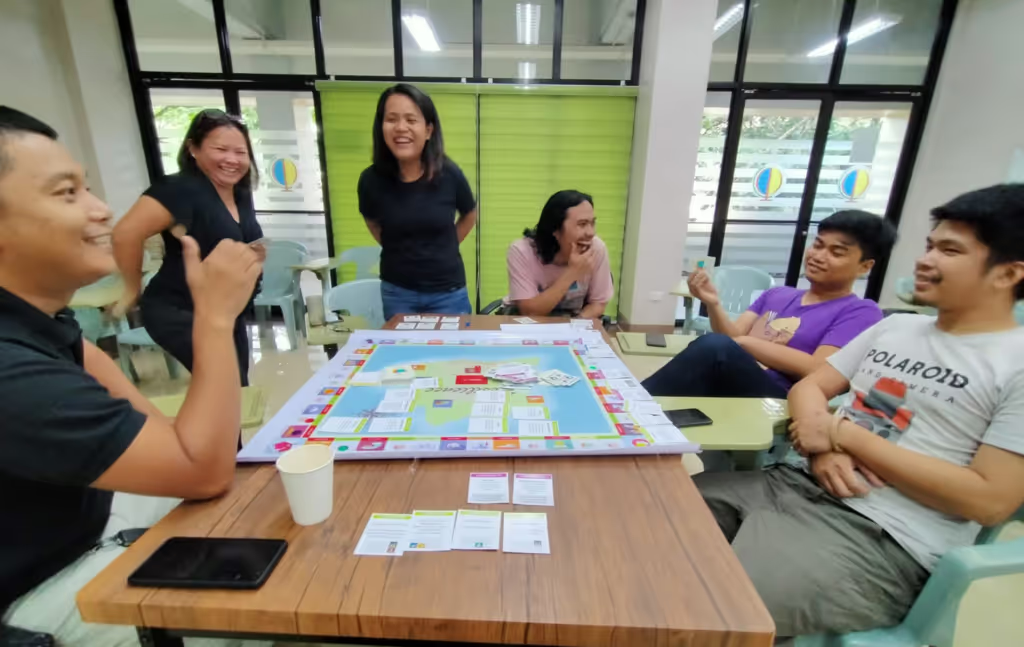
Our approach
We collaborate with partners to develop locally-rooted networks and hubs for humanitarian innovation management that support the emergence and development of locally-driven solutions to humanitarian problems, identified by people affected by crisis.
Through our locally-led initiatives, we provide financial and non-financial support for innovation, including the resourcing of time and space for reflective inquiry, access to appropriate finance for solution development and scaling, facilitation of partnerships and networking opportunities, and other forms of technical and non-technical assistance.
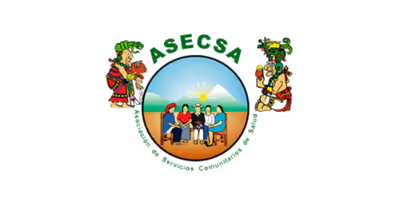
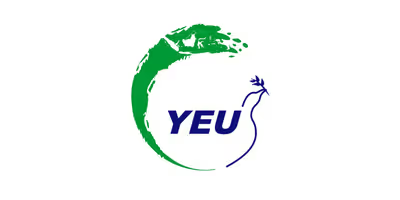
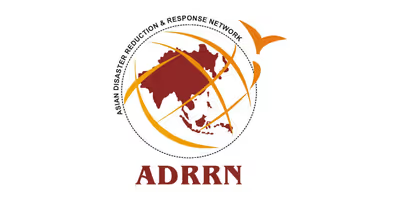

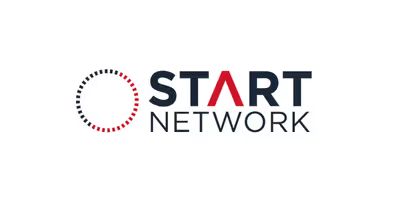

We are supporting two locally-led innovation methodologies:
- awarding direct grants to local and national organisations through ringfenced funding calls in particular countries, with coordination and non-financial support carried out and provided in collaboration with in-country partners; and
- supporting locally-led innovation ‘labs’ in particular countries, with financial and non-financial support provided entirely via in-country partners, through the Community-Led Innovation Partnership (CLIP).
Drawing from all the experiences at different levels, we share learning and seek to inform practice at the global level, so that collectively we can champion a more localised approach to humanitarian innovation.
Examples of projects we have funded include: the Philippine Geographical Society and the Prodjx Artist Community’s Disaster Risk and Reduction planning for people with disabilities through particiapatory mapping and gamification; Aga Khan Agency for Habitat India’s Early Warning System for Flood Management in Vasi-Virar, Mumbai; and DepEd Makati standardised contingency plans for post-earthquake student-parent reunification. You can read about more of our projects below.
Follow along the CLIP’s journey to develop locally-led labs.
Locally-led innovation resources
Explore our most impactful publications and tools
What we fund in locally-led innovation
Explore the groundbreaking projects that Elrha supports across the globe. From health innovations to disaster risk reduction, our funding drives impactful solutions in humanitarian contexts.
Image credits
- Photo by Eric S. Sister/Philippine Geographical Society.

